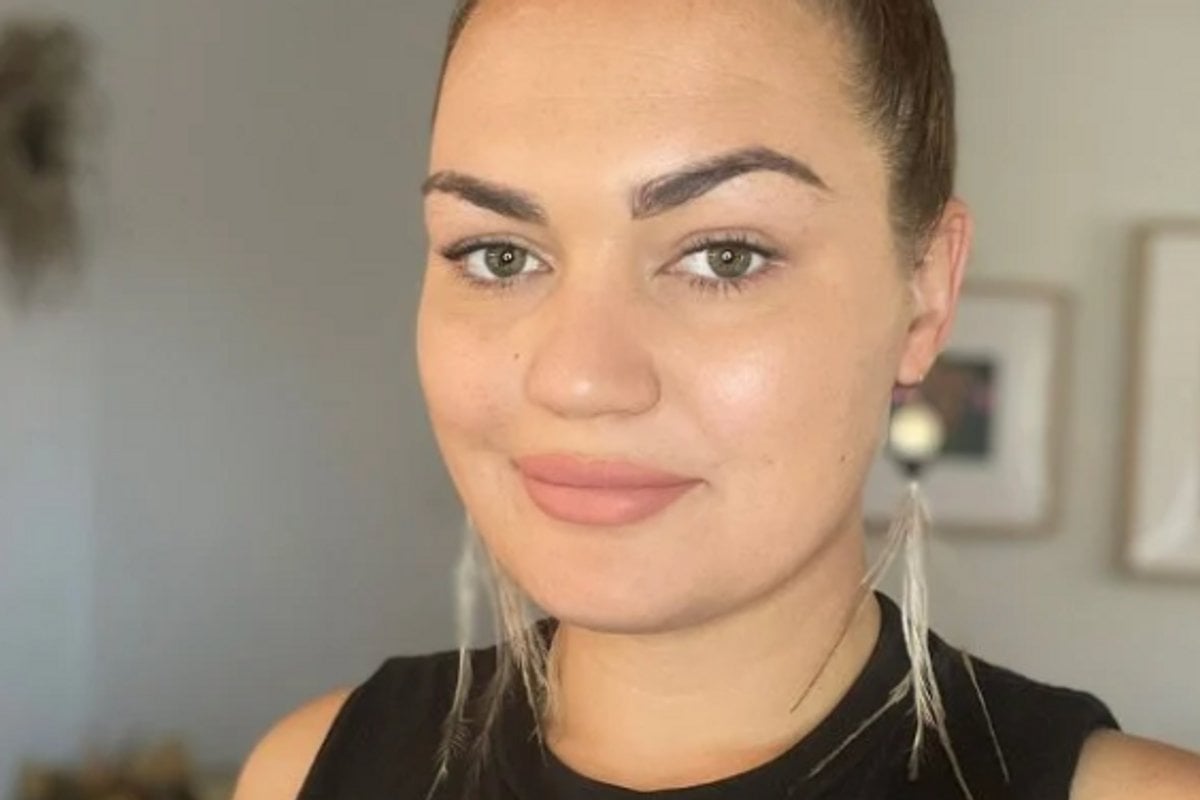
This post deals with abuse and might be triggering for some readers.
My name is Natasha and I am a Gamilaroi and Kooma woman. I am a wife and I have two daughters, born and raised on beautiful Darkinjung country.
I am also the fourth generation of being a victim of domestic violence.
Unfortunately, this is almost synonymous with being an Aboriginal woman. The odds are stacked against us: we are 45 times more likely to be victims of DV. It's almost expected.
When you have traumatised women living on the fringes of poverty it is not likely to end well. We are 37 times more likely to be hospitalised with injuries associated with domestic violence. Aboriginal children are 10 times more likely to be removed from their parents compared to non-Indigenous Australians, with over 90 per cent of Aboriginal children being removed because of domestic violence and associated neglect.
Watch: The Stolen Generations: Why I Can't 'Get Over It'. Post continues below.
Yet I still consider myself lucky; because I have lighter skin I've been able to walk in both worlds.
But it's never stopped me from being a statistic.
I am two times more likely to smoke cigarettes as an Aboriginal woman and yes, I do.
Who could blame me with the outlook on life, living with this information?
More than half of Aboriginal women are overweight and more likely to be single. There just needs to be a statistic on the ratio of Aboriginal and non-Aboriginal cat ownership and I could be the stereotypical woman’s nightmare.
